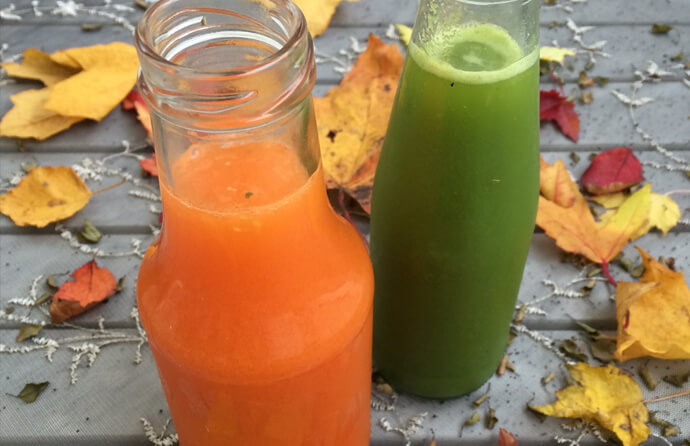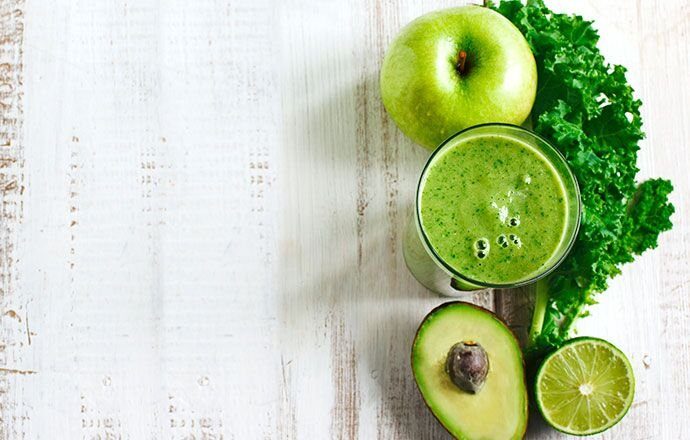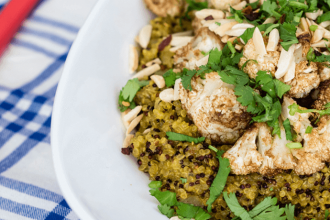Negative media articles about juicing often focus on the amount of sugar being consumed, so what impact does juicing have on blood sugars and how can you keep your blood sugar levels balanced?
When many people think about blood sugar levels their immediate thought is diabetes, but managing blood sugar levels is important for everyone, not just diabetics. A temporary increase in blood sugar levels after eating, known as post-meal hyperglycemia, is perfectly normal and typically not dangerous. However, long term blood sugar imbalance may contribute to a number of chronic diseases, including heart disease, obesity and diabetes. It can also be the cause of fatigue and tiredness.
When blood sugars remain elevated, the body will continue to release the hormone insulin into the bloodstream in order to lower the blood sugar levels. Over time this constant exposure to insulin can lead to insulin resistance, meaning the body needs to release more and more insulin in order to remove excess sugar.
Foods that have been linked to increased blood sugar levels include processed foods, refined sugar, refined flours, dairy and fizzy drinks.
Just as there are foods that can increase blood sugar levels and the risk of type 2 diabetes, there is research to suggest a diet rich in green leafy vegetables may reduce the risk of developing diabetes.
Research published in the British Medical Journal which reviewed data from the studies of 220,000 adults found that green leafy vegetables, which the researchers said also includes broccoli and cauliflower, cut type 2 diabetes risk by 14%.

4 tips for balancing blood sugar levels whilst juicing
1 – Use more vegetables and less fruit.
Ideally aim for a minimum of 80% of your juice to be vegetables with a small amount of fruit for flavour.
2 – Blend your juices with avocado or a good quality plant-based protein powder, such as hemp or pea protein. Healthy fats and protein help to slow digestion which promotes better blood
sugar regulation.
3 – If you have existing blood sugar issues, be sure to test you blood sugars regularly when trying new recipes. Avoid any recipes that cause significant spikes in your blood sugar levels.
4 – Do not reduce (or alter) medication without professional medical guidance. In addition to changes in dietary intake, research by George Washington University suggests movement is also key to managing blood sugar levels.
Their research, which focused on older people, found taking a 15-minute walk after a meal was an effective way of “blunting the potentially damaging elevations in post-meal blood sugar”.
From inside our Winter issue of Thrive Magazine. Thanks to Neil Martin – Natural Juice Junkie for this great article.
Sources:
www.bbc.co.uk/news/mobile/health-11028825
www.bbc.co.uk/news/health-22853314










